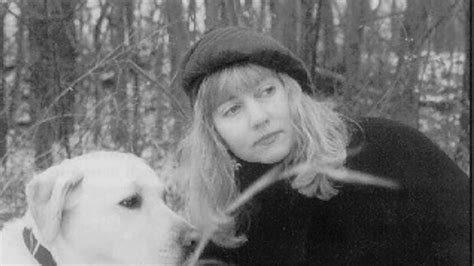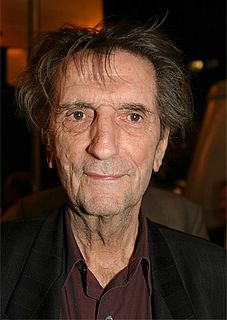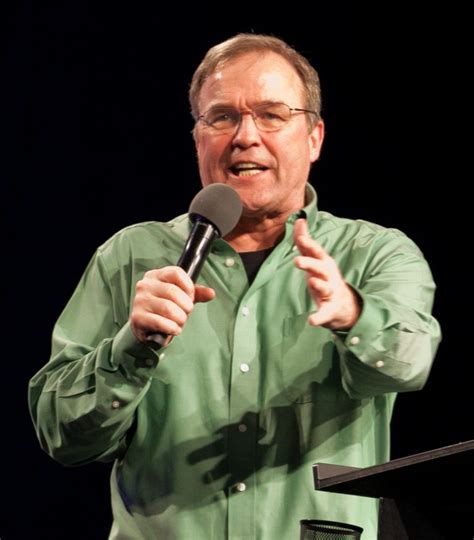A Quote by Matt Chandler
I think people can get a little weirded out by pain, suffering, and death. They don't know what to do so they end up saying things that are hurtful to people who have experienced loss.
Related Quotes
Unlike some people who have experienced the loss of an animal, I did not believe, even for a moment, that I would never get another. I did know full well that there were just too many animals out there in need of homes for me to take what I have always regarded as the self-indulgent road of saying the heartbreak of the loss of an animal was too much ever to want to go through with it again. To me, such an admission brought up the far more powerful admission that all the wonderful times you had with your animal were not worth the unhappiness at the end.
In his (Christ's) surrender on the cross all the pain and agony of mankind was concentrated at a single point, and passed through from death to immortality, There is no pain of any creature from the beginning to the end of time which was not 'known' at this point and thus transmuted. To know all things in the Word is thus to know all the suffering of the world transfigured by the resurrection, somehow reconciled and atoned in eternal life. It was God's purpose which he set forth in Christ as a plan for the fullness of time, to unite all things in him, things on heaven and things on earth'.
Inside me, I think that an animal goes through a lot of pain in the whole cycle of death in the slaughterhouse; just living to be killed. That whole situation is really messed up for animals, growing up in those little cooped-up pens. I just don't think its worth eating that animal. I think animals should be free. There's so much other food out there that doesn't have to involve you in that cycle of pain and death.
Pain in life is inevitable but suffering is not. Pain is what the world does to you, suffering is what you do to yourself [by the way you think about the 'pain' you receive]. Pain is inevitable, suffering is optional. [You can always be grateful that the pain is not worse in quality, quantity, frequency, duration, etc]
I know that a lot of songwriters write about a break up. It's a really popular topic. I think heartbreak is the number one thing people write about. I could say that's narcissistic somehow because they want everybody to admire how pained they are. But I actually do think there's something beautiful and uplifting about knowing that you're not the only one who is experiencing or has experienced that kind of devastating loss. Everyone's experienced that.
Someone's killed 100,000 people. We're almost going, "Well done! You killed 100,000 people? You must get up very early in the morning! I can't even get down the gym. Your diary must look odd: 'Get up in the morning, death, death, death, death, death, death, death - lunch - death, death, death - afternoon tea - death, death, death - quick shower ...' "
In North America, people get a sense that something is really wrong in government and in our culture. There is a corruption, not only in politics, but of spirit as well, when people are so quick to be violent with one another. I think everybody would like to be able to find a solution to make things better. We have the desire to reform inside of us, and we get frustrated because we don't know how to change things, even if it comes to our own behavior. Sometimes you get frustrated because you don't know how to stop that thing that you know is either hurtful to yourself or someone else.
I think it's really easy for people to point out hypocrisy in people's lives. It's like yeah, I get on planes a lot, and I drank from a plastic water bottle today - you know what I'm saying? A lot of people would just be like, "Oh, you're a hypocrite. You live in an ecovillage for a month, and then you fly around the world to talk about a movie." Don't think that I don't think about those things! Don't think that that's not, like, a quandary in my life. It can be a pretty intense ethical dilemma. I think it's about figuring out, you know, navigating life.




































